Lesotho’s political system under scrutiny

SHARE THIS PAGE!
‘Mantšali Phakoana
Lesotho’s democracy is often praised for its progressiveness, yet there remain concerns about whether this truly reflects the voices and experiences of all citizens.
The quest for inclusivity in the country’s political system is ongoing, with different groups and individuals holding varying views on the extent to which the system is fair and equitable.
While progress has been made, there is still much to be done to ensure that all citizens, regardless of their background or circumstances, have a voice in shaping the future of the country.
Political analysts, parties, civil society organisations, international partners and voters offer unique perspectives on inclusivity in Lesotho’s political system and understanding these different viewpoints is crucial in determining the true nature of the country’s democracy.
The inclusivity principle in the electoral process and Lesotho’s political system was questioned by some of the stakeholders during and after the recent launch of the Independent Electoral Commission (IEC) five-year strategy in Maseru.
The umbrella body of organisations dealing with disability, Lesotho National Federation of Organisations of the Disabled (LNFOD) director, Advocate Nkhasi Sefuthi says Lesotho’s political system is exclusive to persons with disability.
Article 29 of the Convention on the Rights of Persons with Disabilities (UNCRPD) states the rights of persons with disabilities to participate in political and public life without discrimination and on an equal basis with others, and it calls upon state parties to guarantee those rights.
However, Adv Sefuthi noted that persons with intellectual or psychosocial disabilities experience multiple legal, institutional, communicational and social barriers to exercise their rights. These prevent them from voting, standing for election for public office, exercising their civic participation, or simply from having a say in their own lives.
He raised concerns on the non-accommodating infrastructure at the voting stations during the elections.
“The inclusivity principle is just a commitment made in paper by the electoral management but it does not exist in reality. Voting stations are not accessible or accommodating to disabled persons. Virtually impaired persons do not have a privacy to cast their votes. There are no tools that make the process of voting secretive to them because they need someone to vote for them.
“Our electoral body also is not benefiting from the experiences of the disabled persons as it does not accommodate them in their daily duties. This is a vital aspect of combating exclusion and inequality, and to leaving no-one behind.
“Also, the IEC’s staff lack capacity to cooperate with disabled persons, not only during the elections, but also during preparations. There can be no sustainable growth and development in any society if there are people or even voters who are excluded from being active citizens on account of disability,” Adv Sefuthi argued.
The political, economic and political inclusion of persons with disabilities is also included in the UN Agenda and Sustainable Development Goals (SDGs).
The 2020 United Nations Development Programme (UNDP) assessment report on the conflict and peacebuilding context and their impact on gender in Lesotho established that inclusivity remains a grey area in the country’s electoral democracy.
The report further revealed that despite not being legally barred from contesting elections, women face several barriers including patriarchy, violence, culture and economic inclusion, making it almost impossible to contest elections.
On his part, All Basotho Convention (ABC) party deputy leader Samonyane Ntsekele noted that overall, the country’s political system is inclusive as political parties are well engaged during elections.
However, Ntsekele pointed out that engagement and participation of parties only is not enough as there is need for all electoral stakeholder’s engagement.
“Political parties are well engaged by the IEC but that only is not enough. There is need to involve all stakeholders including persons with disability, herdboys, and the uneducated. The inclusion principle should be a practical activity not only during elections.
“The IEC should work hand in hand with the ministry of home affairs to facilitate participation and inclusion of Basotho voter in South Africa. It should be inclusion for all, not for certain people, if we need to improve as a country.
“It would also be essential for us politicians, through the parliament to enact laws that will enable the electoral body to execute its mandate effectively and efficiently,” Ntsekele said.
He further indicated there was need for the IEC to strengthen its communication strategy with political parties as that would help the commission improve on its weaknesses.
Political parties that took part in the meeting were generally unanimous on the need for IEC to improve communication with them.
Interestingly, the ruling Revolution for Prosperity was among those parties that did not make any contribution to the discussions.
However, political analyst, Dr Tlohang Letsie has a different view; he believes the political system is inclusive in a sense that both the constitution and electoral acts allow all citizens to vote and participate in elections.
He says the rare category that is excluded in the system are the mentally unstable although that is not exceptional to Lesotho as it is manifest in many countries.
“Apart from that, our electoral model has moved from first-past-the-post majoritarian system to a mixed member proportional model in a bid to ensure inclusivity even though the focus was mainly on parliament.
“The belief was that the first-past-the-post system was not inclusive in the sense that it left many other parties unrepresented in parliament even though they had been voted for by many voters.
“The new model includes even smallest of the parties. The system is inclusive. However, we have realised that this has also brought disaster to this country because the inclusivity principle in the system was not done with caution,” Dr Letsie said.
According to Dr Letsie, the new electoral model which was aimed at fostering inclusion causes instability as smaller parties are increasingly becoming ‘difficult’ in parliament.
“Much as we wanted to be inclusive because it is a good thing, the system has failed because even smallest parties that under normal circumstances would not have been in parliament with the right quota are now represented.
“In order to avoid political instability, some people are suggesting that we should go back to our old first-past-the-post. Some say we have to go for a fully-fledged proportional representation system while some think we can do with the mixed member proportional model. They, however, think it should be applied based on a threshold that a party will only qualify in parliament if it has five percent of the national vote, for example. I think the latter will work,” he pointed out.
In addition, the 2023 United Nations Electoral Assistance Division (EAD) Needs Assessment Mission (NAM) report encouraged the IEC to strengthen its engagement, communication strategy, and partnerships with all stakeholders including marginalised groups.
In an effort to ensure effectiveness, efficiency and inclusive performance on elections, the IEC in collaboration with the UNDP and the European Union (EU) launched the 2024/2028 strategic plan.
IEC human resource manager Jobo Rampeta says the plan seeks to professionalise election administration and fast-track the growth of the electoral body.
He explains that the strategic plan will facilitate meaningful participation and contributions by all citizens giving them a voice and choice in the way they are governed.
Rampeta noted that the IEC has experienced episodes of instability largely owing to the country’s transitional politics and political interference.
The prolonged legal battles and uncertainty about the future of the commissioners made long-term planning and institutional governance difficult.
Despite these challenges, the IEC commits to promote equal opportunity for citizens to participate in electoral processes.
“The electoral stakeholders play a significant role in the electoral cycle especially in Common Vulnerabilities and Exposures (CVE), the monitoring of elections and the provision of services including infrastructure support during elections.
“We commit that by the end of 2028, 95 percent of electoral stakeholders will actively engage in the electoral process, show leadership and consequence management and take responsibility for results.
“The principles of accountability and ownership, consultation and participation, safeguarding and diversity, equity and inclusion (DEI) undergirded the process for development the strategic plan,” Rampeta said.
The IEC claims that the failure of political parties to deliver on the promise of democratic dividends has had far-reaching effects on citizens participation in electoral processes.
The electoral body also states that despite its outreach efforts, it has witnessed a sharp decline in voter turnout because voters are questioning the value of addition of elections to their daily struggles and economic conditions.
Political participation is clearly rooted in the Universal Declaration of Human Rights and the International Covenant on Civil and Political Rights, which Lesotho is a signatory.
During the launch, the UNDP Lesotho resident representative, Dr. Jacqueline Olweya, noted that inclusivity is a key principle that will help the IEC to deliver its mandate effectively and efficiently.
She said the consistent challenges of low voter turn-out and contested elections results calls for the IEC to practice the principle of inclusion of all electoral stakeholders.
“Through this principle, the commission will be able to reach out to the electorate, understand what their issues are, and be able to establish why they are not coming forth to vote, to make their voices be heard.
“We need to reach out to everybody. One of your mandates as IEC is to reach out to political parties to hear their views, perspective on the elections, and bring them to the table. This will help the IEC address the challenges it faces.
“Inclusion of the elections is also important because it helps you (IEC) ensure transparency in your processes, inclusion and institution of support and strengthening,” Dr Olweya pointed out.
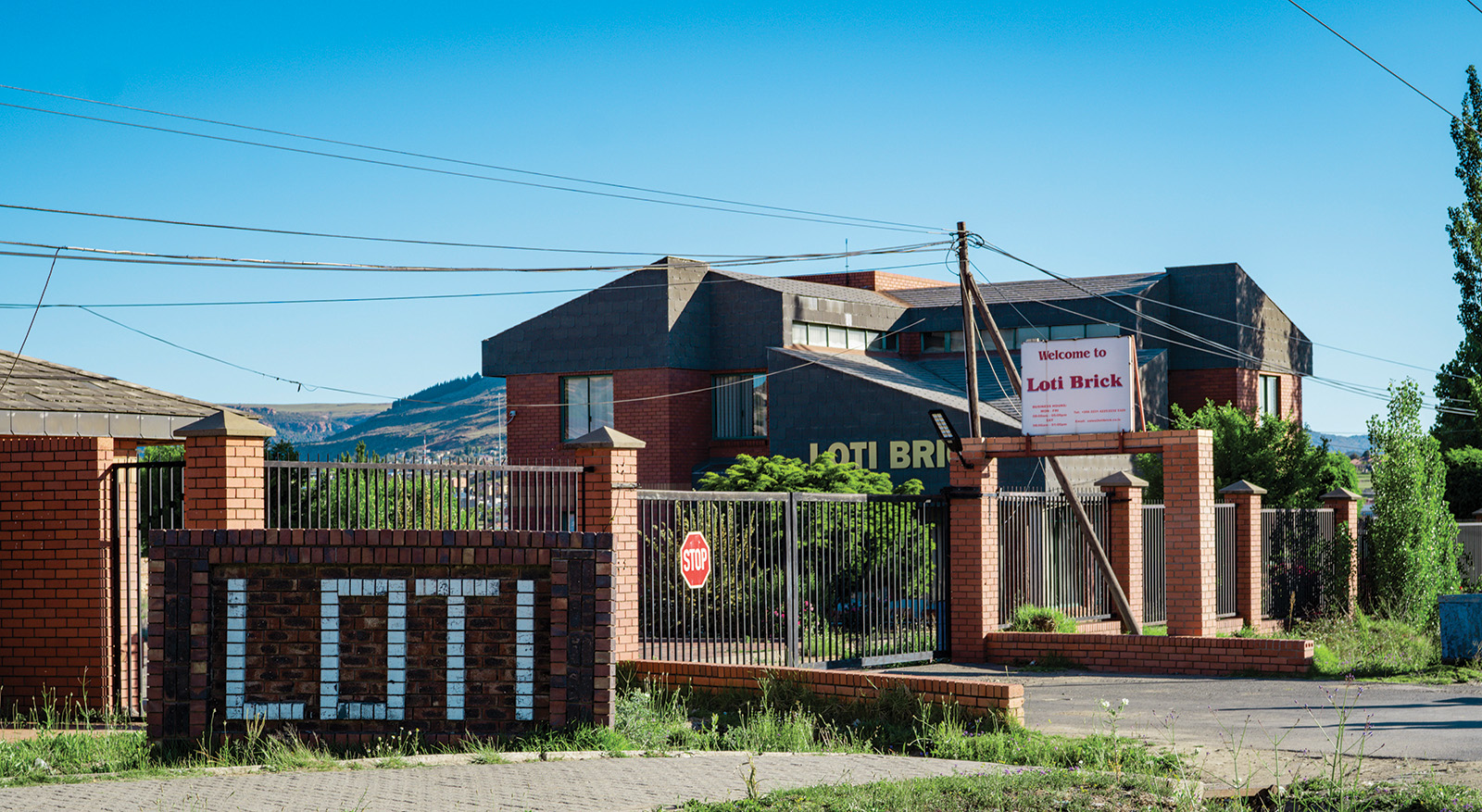
LNDC seeks Loti Brick liquidation
5 days ago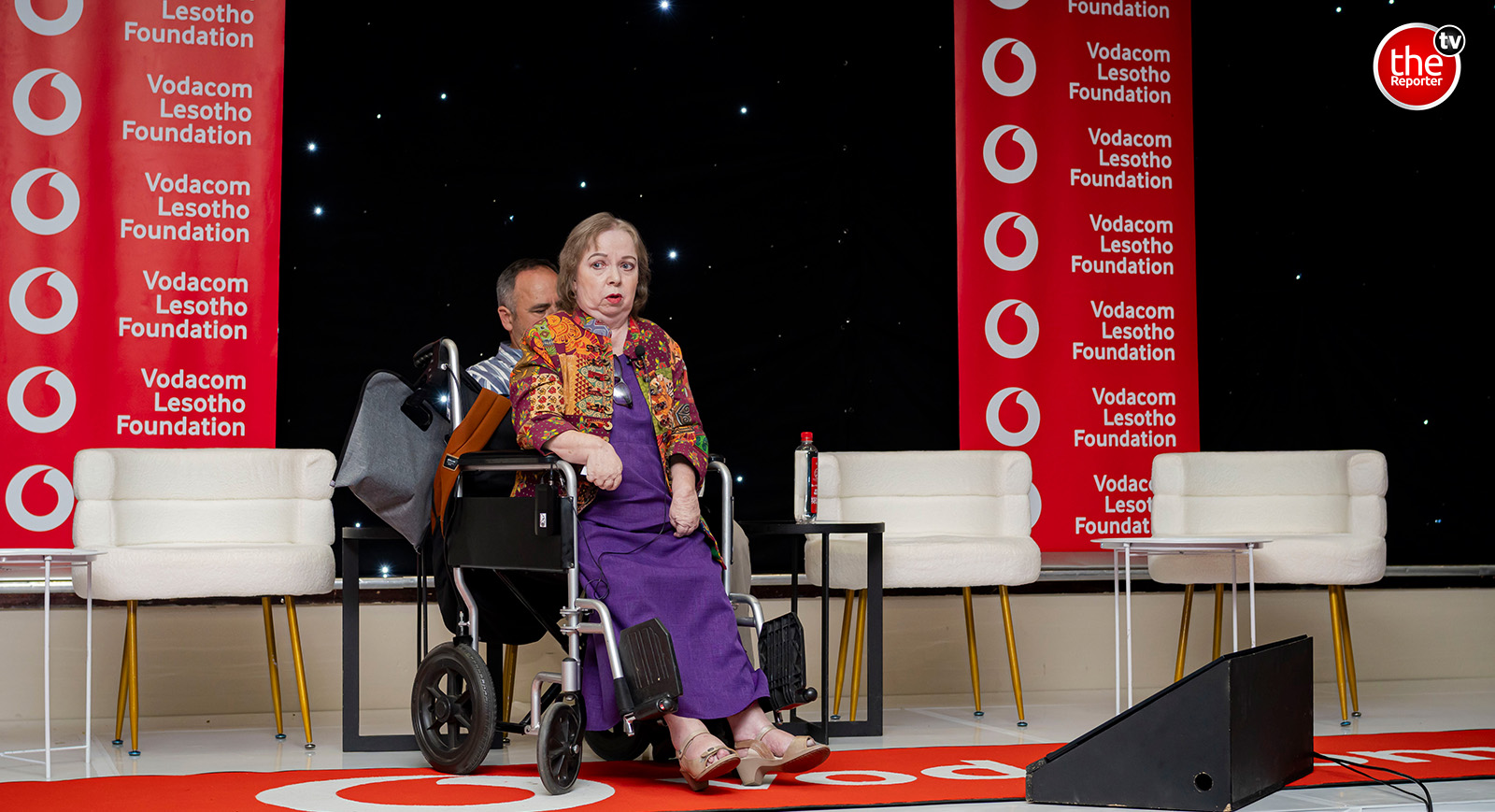
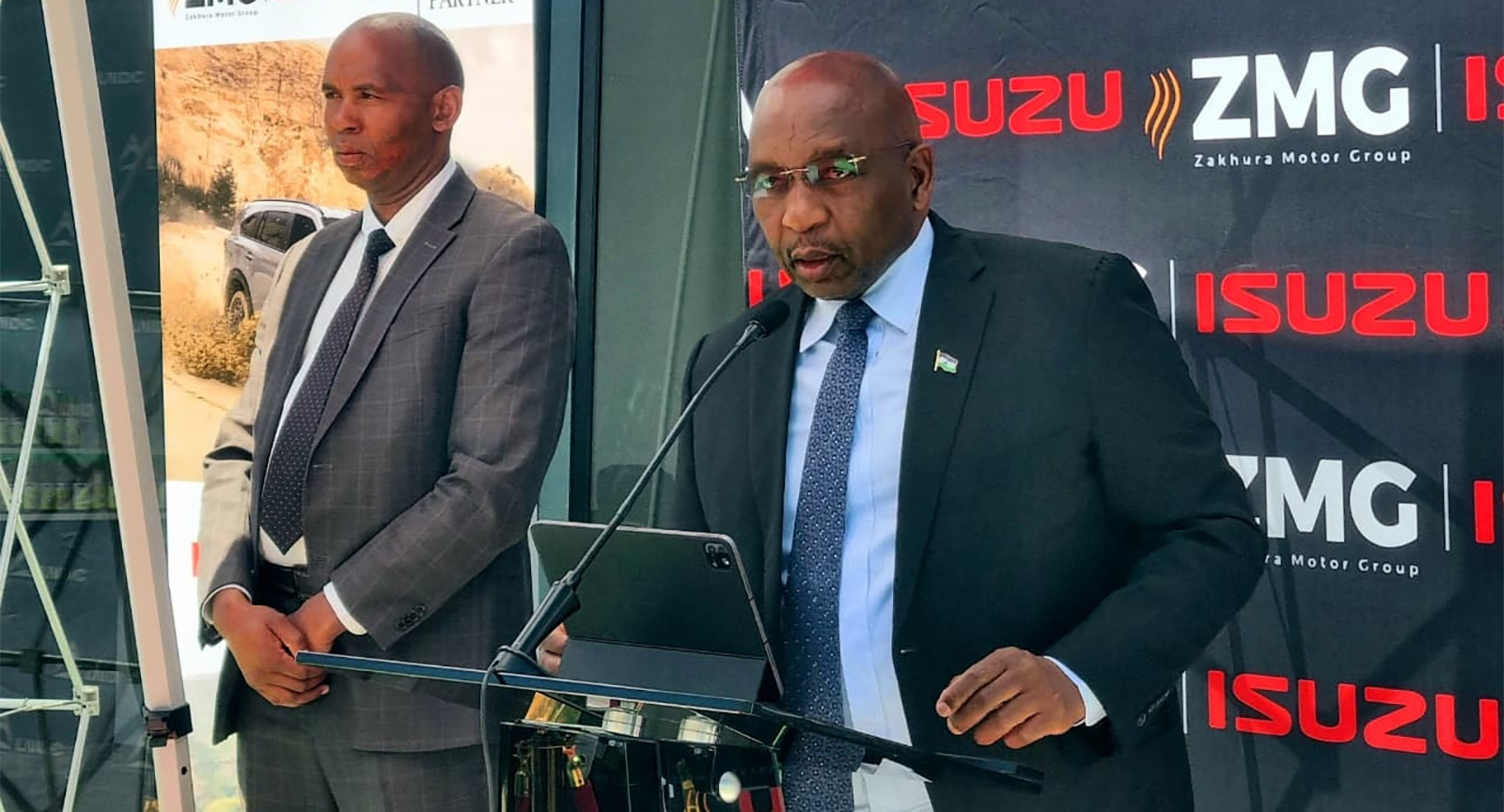
Matekane launches ZMG Isuzu dealership
5 days ago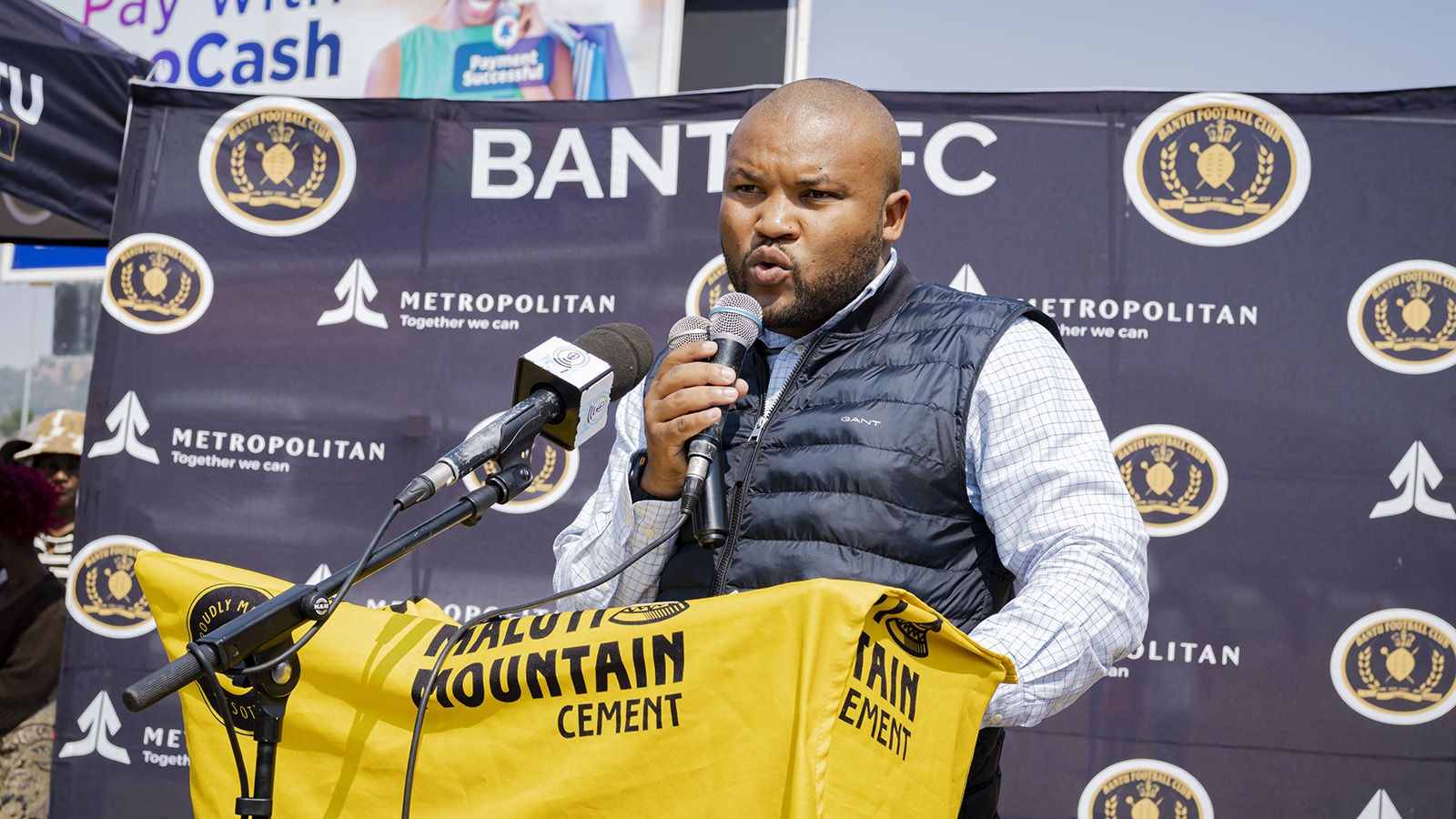
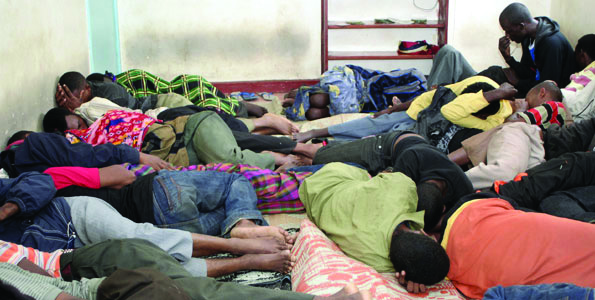
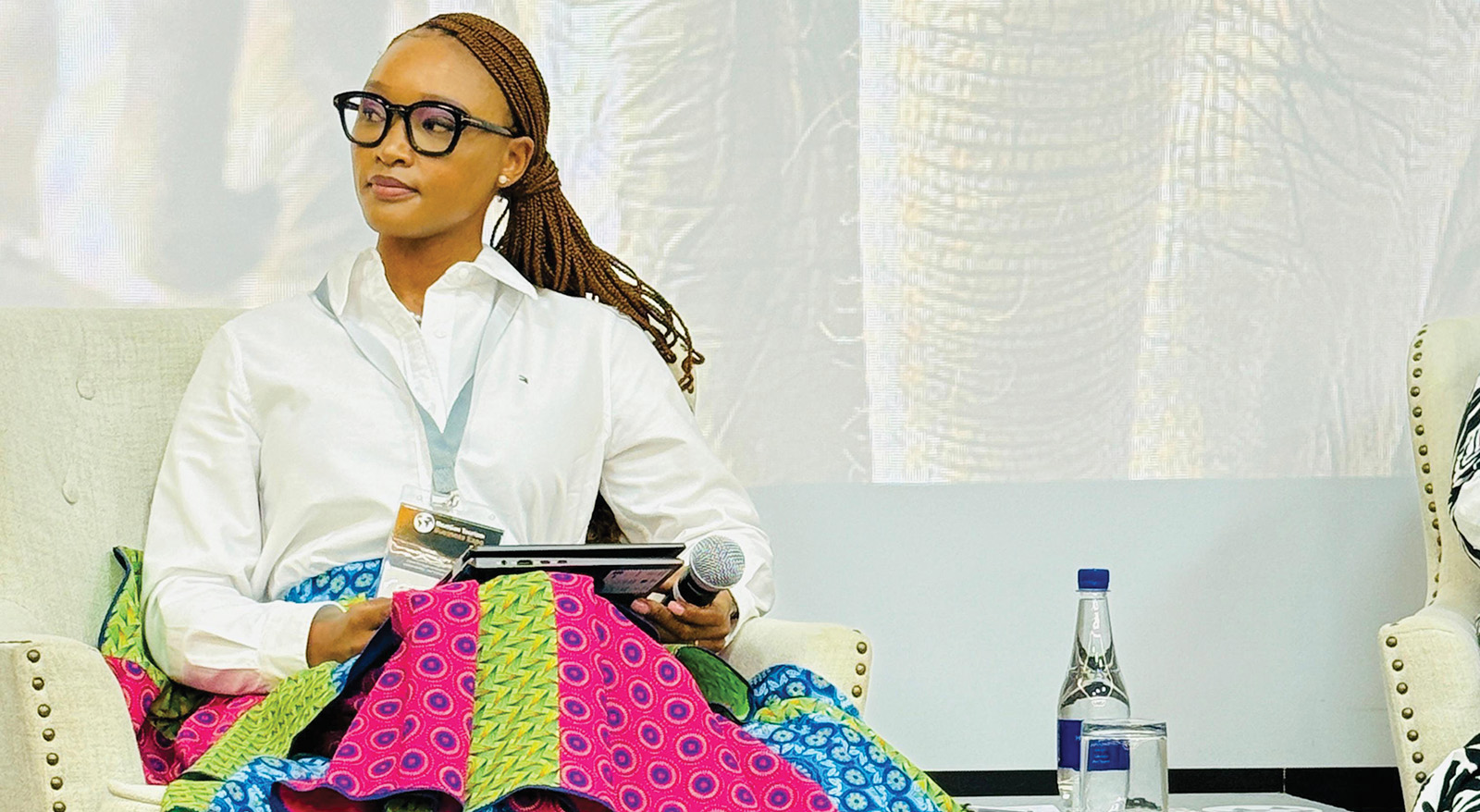
Mopeli puts Lesotho on global tourism map
8 days ago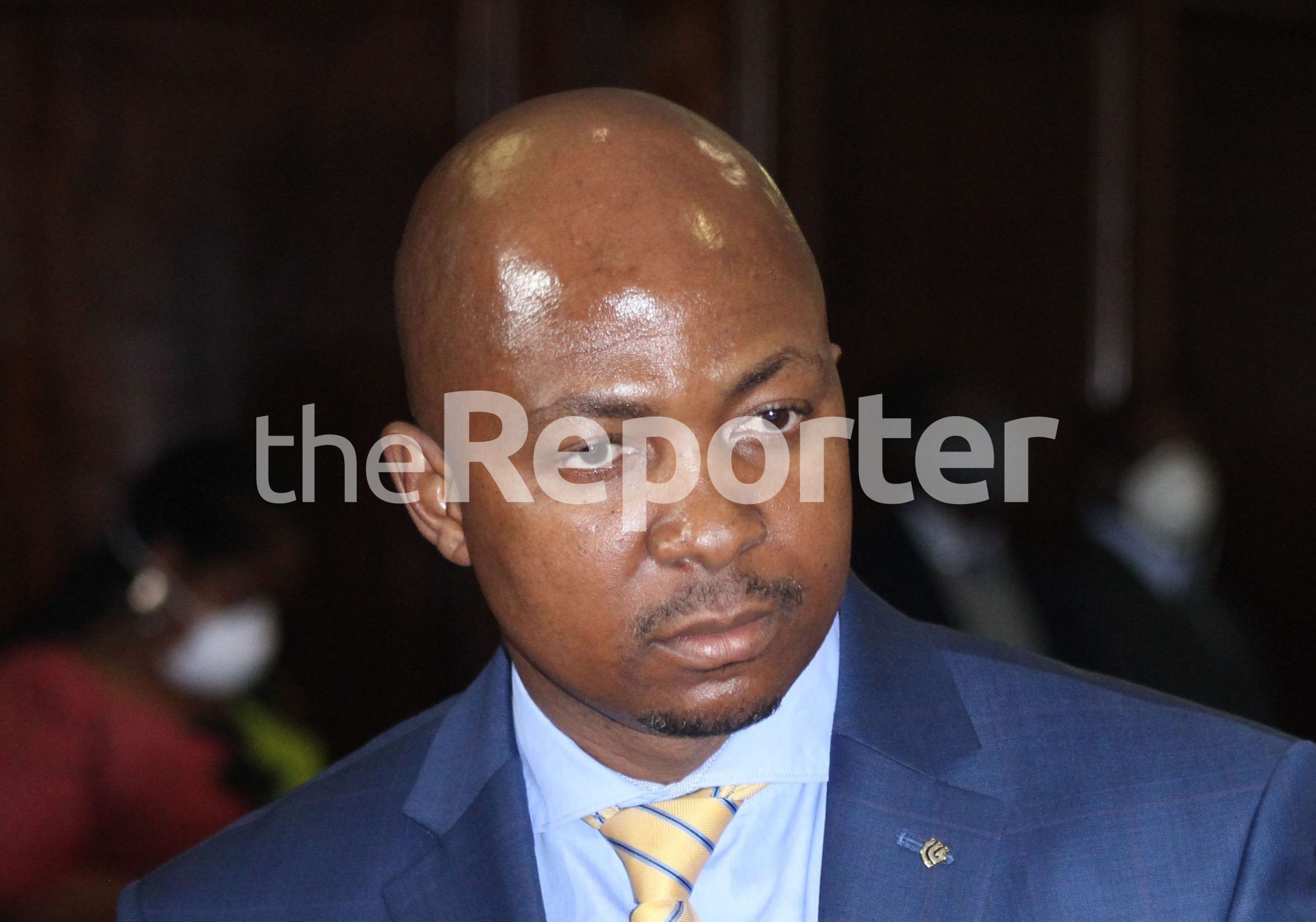
Maqelepo launches Maseru Youth Games.
17 days ago

Leggings debt lands woman in court
22 days ago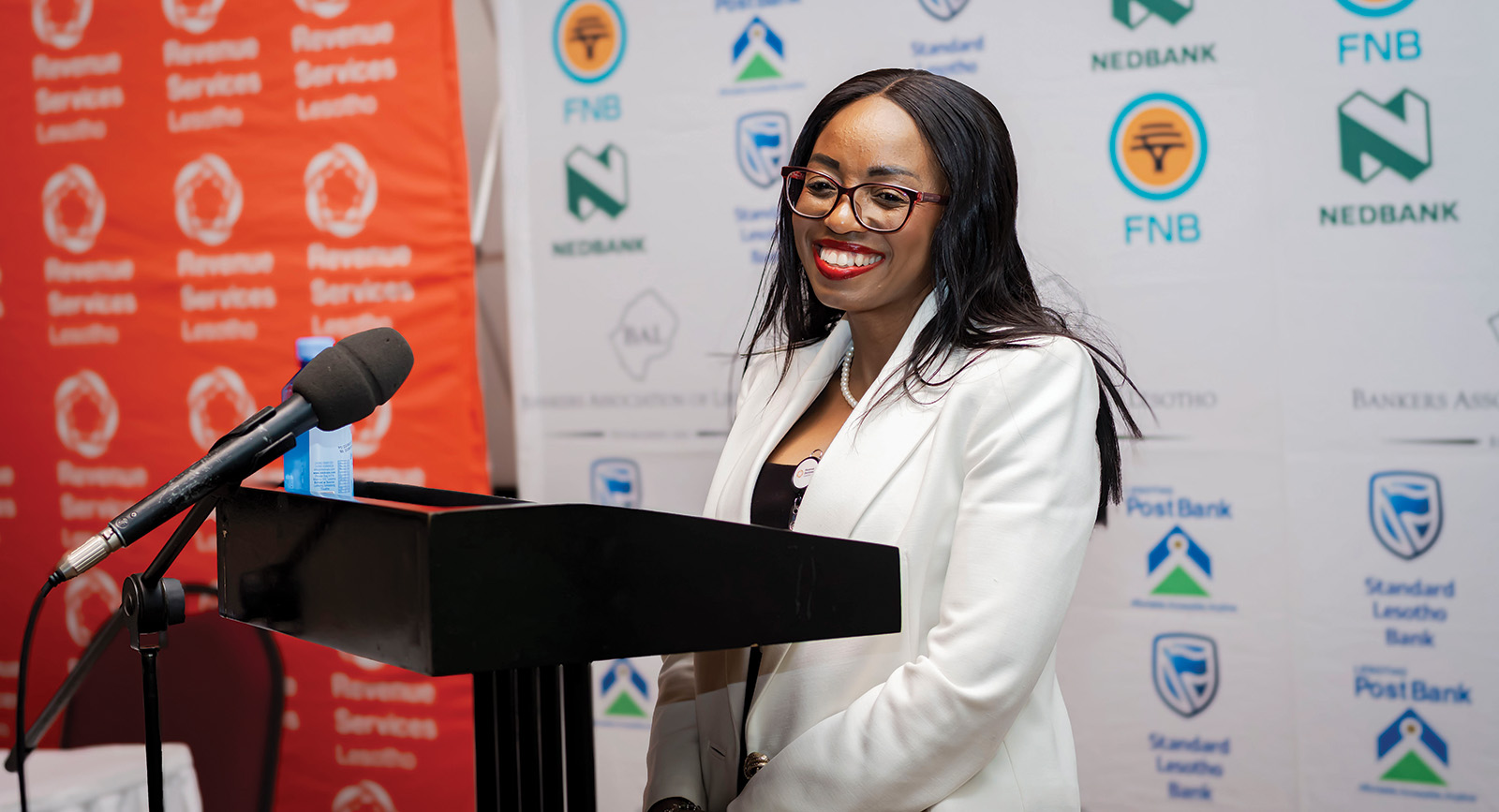
New pact targets tax compliance, jobs
22 days ago